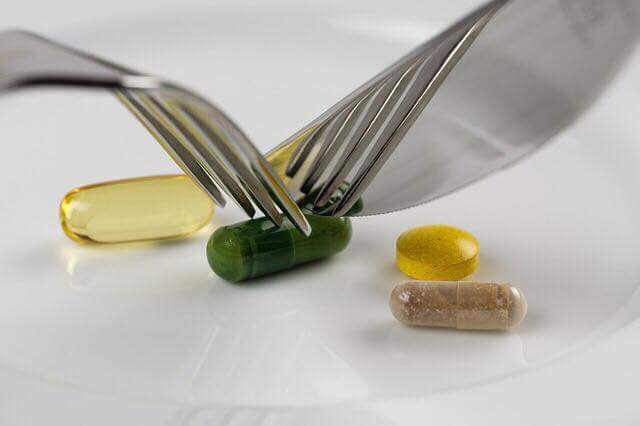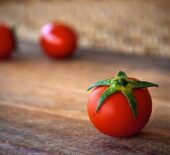If you have entered the health food isle of the supermarket you have probably seen Spirulina capsules. If you are like most people you may make the link it could be valuable for your health, but knowledge stops at this point. So, what exactly is spirulina? Does it have any health benefits and is it worth splashing out on the expensive capsules to better your health?
Firstly, spirulina is not just a green coloured capsule but is a form of edible algae. It does have a strong back bone of health benefits which include:
- Substantial amounts of protein which also contains the essential amino acids your body cannot make which means this alga is referred to as high biological value.
- Contains essential fats (fats your body cannot produce by itself and as such you need to eat them to get the fat type). Such fats include the essential omega-6 types of fat called gamma linoleic acid.
- Vitamins B12 and beta-carotene.
- Minerals iron, calcium and phosphorous
- Phytonutrients or components which help fight off the damage of free radicals. Free radicals create reactions on your body every day and is a part of being alive. Sadly, these free radicals are one component which is associated with aging, illness and disease.
Studies have proposed additional benefits to this alga which may include helping your immune system stay strong, help detox heavy metals, act as an anti-inflammatory, help keep your guts happy and potential anti again effects. There have been claims that taking spirulina will help you lose weight, but most recent strong studies do not support this claim. It really comes down to if it appears to be too good to be true it probably is and taking a supplement like this for your optimal summer body is unfortunately not going to happen in this case.
There is no denying spirulina is full of good things but is it worth taking along with the million other supplements promoted on the market? As supplements go spirulina may have its benefits if you are willing to fork out the high cost. If your budget is tight you will not necessarily miss out if you come back to dietary basics and focus on a balanced with plenty of whole grains, lean meats and dairy, fruit and lots of vegetables. Whole foods can provide your body with everything it needs in most circumstances.
Try these few ideas to give your body the nutrients like a spirulina capsule (and more):
- A kangaroo steak seasoned with chilli or turmeric powder with some lightly steamed broccoli, mashed potato and carrots with a side of brown rice.
- A 200g tub of yogurt with 15g of mixed brazil nuts or pine nuts and 1 tablespoon of raisins.
- Whole grain toast with a poached egg with a side of avocado, spinach, mushrooms and tomato.
- Brown rice sushi filled with tuna, avocado and carrot and seasoned with wasabi.
Take home message: save some money by learning how to eat whole foods in a way which support your health not only now but into the future. Supplements should not be the first point of call as eating is an enjoyable part of being alive and having teeth.
References:
- Gutierrez-Salmean G, Fabila-Castillo L, Chamorro-Cevallos G. NUTRITIONAL AND TOXICOLOGICAL ASPECTS OF SPIRULINA (ARTHROSPIRA). Nutricion hospitalaria. 2015;32(1):34-40.
- Miczke A, Szulinska M, Hansdorfer-Korzon R, Kregielska-Narozna M, Suliburska J, Walkowiak J, et al. Effects of spirulina consumption on body weight, blood pressure, and endothelial function in overweight hypertensive Caucasians: a double-blind, placebo-controlled, randomized trial. European review for medical and pharmacological sciences. 2016;20(1):150-6.
- Hernandez Lepe MA, Wall-Medrano A, Juarez-Oropeza MA, Ramos-Jimenez A, Hernandez-Torres RP. [SPIRULINA AND ITS HYPOLIPIDEMIC AND ANTIOXIDANT EFFECTS IN HUMANS: A SYSTEMATIC REVIEW]. Nutricion hospitalaria. 2015;32(2):494-500.








